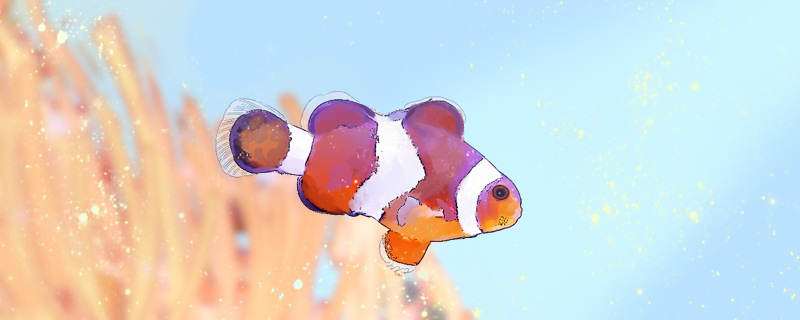
Wild clownfish eat animal plankton, copepods, algae and invertebrates. However, it is an omnivorous animal, so its food requirements are not strict. And it lives in symbiosis with sea anemones, from which it can ingest undigested food and the antennae of its host anemone. In addition to feeding the above food, the wild clownfish can also be fed with some granular feed, minced shrimp meat or other omnivorous bait, as well as some spirulina powder and other food.
Wild clownfish generally live in the sea about 1-55m deep, common in shallow lagoons or coral reefs at the bottom of shallow sea. It is native to the warmer waters of the Indian and Pacific Oceans, the waters of the tropics between 25 ° N and 35 ° S. It inhabits coral and rocky reefs, and when young, it often lives on the top of large anemones, sea urchins or small corals.
The main reason why it can coexist with sea anemones is that it has special mucus on its body surface, which can protect it from sea anemones, so it can live safely and freely in sea anemone. Because of the protection of sea anemones, they can not be attacked by other large fish, and the food left by sea anemones can also become food for clownfish. In addition, clownfish use the tentacles of sea anemones to build nests and lay eggs. The anemone uses the clownfish to attract other fish, increasing the chances of predation. It also helps the anemone remove dead tissue and parasites, and reduces debris from settling in clumps through the clownfish's swimming.